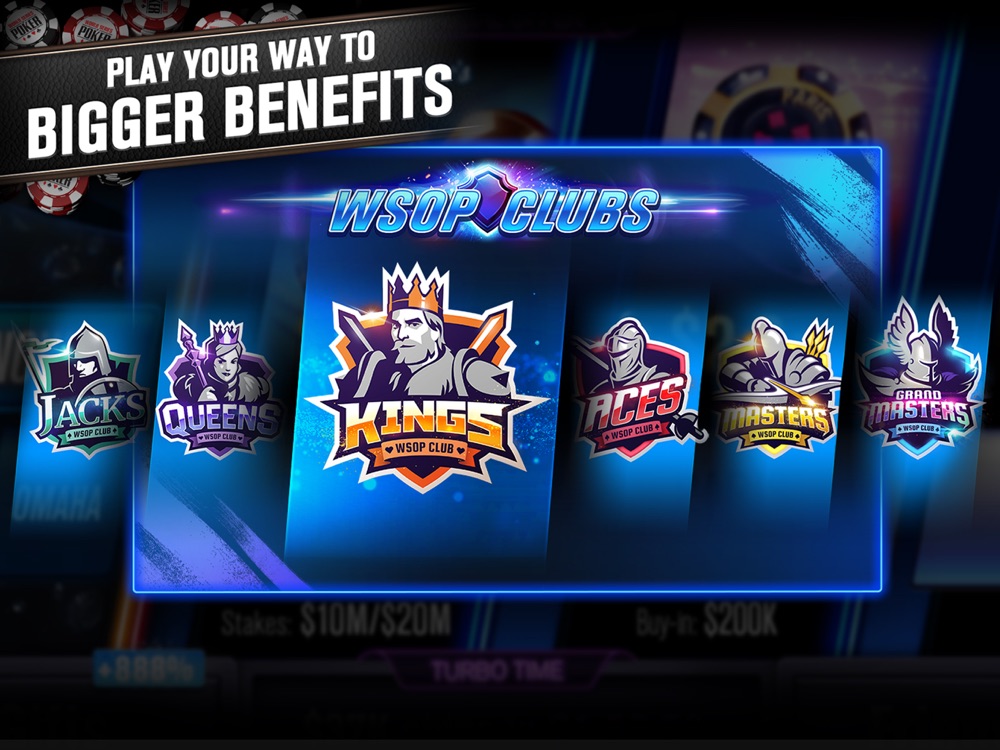How To Win At Texas Holdem Poker Every Time
Every time you read a Texas Hold'em strategy article, you should be actively trying to absorb the information as you go along. It's all well and good reading a whole bunch of articles, but if nothing is sinking in or making a real difference to the way you play, then it's going to be pretty useless. Play Fewer Hands And Play Them Aggressively. There is a limit on how many starting hands you. Free Poker - Texas Holdem. Free Poker - Texas Holdem Here is our link on Google Play. . Texas Holdem, a classy way to have fun. Sit-N-Go tournaments, 9 sharks, fixed buy-in and only Big Wins!. Jackpot Slot, love to gamble? Spin and win chips in between hands with the slot machine. Dash Poker, no need to wait anymore, so play as fast as you can. Prove your strength in Golden Tournament with high stakes and poker.
|
| |
|
|
|
|
|
Higher Level Poker.
The following are more advanced strategy articles written by Jack Wilcox, who was a winning cash game player up to $400NL. They were originally posted on his Higher Level Poker training site for small/micro stakes players.
These strategy articles make use of player stats like VPIP/PFR.
| Title | Author | Category | Level | Date |
|---|---|---|---|---|
| Calling From Blinds vs. A Steal | Jack Wilcox | General | Intermediate | 26 Feb, 2011 |
| Semi-Bluffing By Raising All In | Jack Wilcox | Plays | Advanced | 26 Feb, 2011 |
| 3Betting Preflop In The Micro Stakes | Jack Wilcox | Plays | Intermediate | 27 Feb, 2011 |
| The Real Objective Of Poker | Jack Wilcox | Psychology | Beginner | 27 Feb, 2011 |
| Continuation Betting | Jack Wilcox | Plays | Beginner | 26 Mar, 2011 |
| 4Betting Mathematics | Jack Wilcox | Mathematics | Advanced | 28 Mar, 2011 |
| Check-Raising As A Bluff | Jack Wilcox | Plays | Intermediate | 1 Apr, 2011 |
| Attacking 3Bettors | Jack Wilcox | General | Advanced | 3 Apr, 2011 |
| Preflop Opening Ranges | Kyle Garner | General | Beginner | 14 Apr, 2011 |
| Floating The Flop | Jack Wilcox | Plays | Beginner | 14 Apr, 2011 |
| Breaking Down Your Winrate | Jack Wilcox | General | Intermediate | 9 May, 2011 |
| Winning Money From Bad Players | Jack Wilcox | General | Intermediate | 22 Oct, 2011 |
| Playing Blind vs. Blind | Jack Wilcox | General | Advanced | 25 Oct, 2011 |
| The Importance Of Position | Jack Wilcox | General | Beginner | 6 Nov, 2011 |
| Relative Hand Strength | Jack Wilcox | Concepts | Beginner | 6 Nov, 2011 |
| 5 Tips To Improve Your Game | Jack Wilcox | General | Beginner | 29 Nov, 2011 |
| Objectivity In Poker | Kyle Garner | Psychology | Intermediate | 5 Dec, 2011 |
| Optimal Bet Sizing | Johnathan Chan | Concepts | Beginner | 20 Jan, 2012 |
Using Texas Hold'em strategy articles.
When it comes to Texas Hold'em strategy, it's not about how much you read, it's about how much you learn.
Every time you read a Texas Hold'em strategy article, you should be actively trying to absorb the information as you go along. It's all well and good reading a whole bunch of articles, but if nothing is sinking in or making a real difference to the way you play, then it's going to be pretty useless.
If you actually take the strategy from this site on board and use it during play, I don't see any reason why you can't win money from Texas Hold'em. Winning money from Texas Hold'em is pretty straightforward when you know how.
Is this Texas Holdem strategy any good?


Or, to put it another way, why should you take strategy advice from me?
I have been playing winning poker for a number of years. I'm not the God of Texas Hold'em strategy (I'm working on it), but the advice in these Texas Hold'em strategy articles has allowed me to consistently win money right up to the mid to high stakes tables. I like to think that's a good enough reason to trust my articles!
If you want more information and find out who I am, have a look at the about me page.
Even though I am very confident that the strategy on this site is of great quality, I always recommend exercising a little common sense when it comes to Texas Hold'em strategy and tips. Anyone can write poker strategy and post it on the Internet, but that doesn't make it good strategy. Think about what you're reading, and if it makes sense to you then perfect. It's a great idea to take advice from other successful players, but it's even better to use your head at the same time.
Image credit - Danny Maxwell
Whether you're playing with friends or at an online site, the goal of poker is to win. Of course, this is easier said than done today when you consider that there's a wealth of poker strategy available today. But that certainly doesn't mean your case for becoming a successful player is hopeless. This is especially the case if you read the following step-by-step guide on how to win at Texas Holdem poker.
Basic Texas Holdem Poker Strategy
Top Texas Holdem Sites
The next step is to gain an understanding of simple poker math concepts.'Pot odds' is among the most-basic and helpful because this helps determine whether or not you should make a call post-flop. For instance, you and a single opponent see the flop and the pot is worth $10; your opponent bets $5 and you are now left deciding whether it's worth risking $5 to win a pot that's worth $15 (including opponent's bet). This makes your pot odds 15:5, or 3:1, meaning you need better than a 3:1 chance of hitting your drawing hand to make this a profitable call.Study Opponents and Focus
Image Credit - Yanning Van De Wouwer
The goal is to build a profile of everybody at the table so you can figure out what range they play in each situation. For example, if you see another player get caught trying to steal blinds with 6-5 unsuited in late position, you know that they have a wide range in these situations, allowing you to call against them with more hands.
Texas Holdem Tips On Winning
How to be Good at Poker - Intermediate Tips
Tools for learning Poker Strategy
Image credit - Raed Photography
- Poker Articles - Abundant, and very good for learning the basics of how to win at poker. It's especially nice when articles are categorized in beginner, intermediate and advanced sections.
- Poker Books - These are a good way to get inside the head of a pro and see how they think when playing the game. Just be sure that the concepts are relevant and not outdated, though.
- Training Videos - There was an explosion of training videos in the late 2000s, as players moved away from books/articles and craved visual strategy. The great thing about training videos is that you get to see players actually playing online poker as they discuss different topics. But beware that not everybody who does training videos is a long-term winner.
- Live Streaming (Twitch) - This has become one of the most-popular ways to learn poker tips because you get to watch skilled pros in real-time. Plus, you might also be entertained by some of the better Twitch performers. Jason Somerville,Bertrand Grospellier and Jaime Staples have become stars through live streaming.
- Coaching - You can get one-on-one training by hiring a coach. The quality of coaching you get often depends on whom you hire and how much money you spend. But this option is worth pursuing if you want a good player to critique your play and explain what you need to do to get better.
- Heads-Up Displays (HUDs) - These are tools that help keep track of various stats on opponents and your own play during a session. Some online poker sites have banned these tools while others still allow you to use HUDs since they aren't technically cheating.